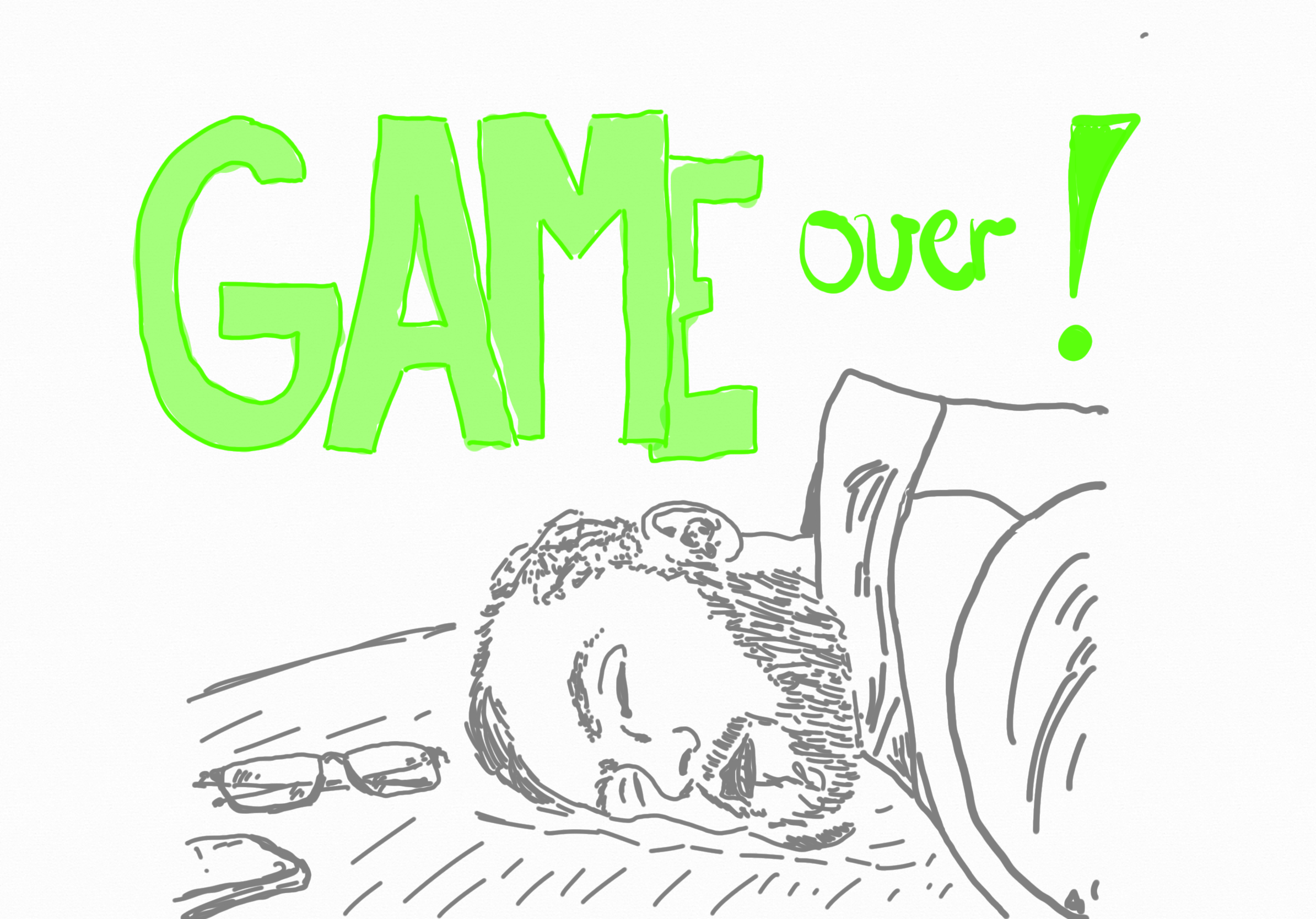 Money, power, success? Over decades these aspects were assumed as the key desires of managers by the broad public. But is this still the case? A recent MIT study identified aspects, what talented young leaders really want in their careers.
Money, power, success? Over decades these aspects were assumed as the key desires of managers by the broad public. But is this still the case? A recent MIT study identified aspects, what talented young leaders really want in their careers.
Although high-potentials are less loyal and continuously on job search, there are some things HR departments can do to keep them longer in the organisation: They are looking for attractive development assignments based on attractive formats and being an integral part of their job (Hamori et al, 2015).
And there is still a lot to do for HR departments in supporting these young leaders: The study identifies the following top 4 desires high-potential young leaders are currently missing most (Hamori et al, 2015):
- mentoring
- coaching
- training
- management support
So HR departments need modern and intelligent approaches to address these desires. Although formal class room trainings are still very attractive to young leaders, we see that they are expecting some more innovative approaches in development these days. What they want are new formats combining the following major aspects:
- on-the-fly real-time learning: They don’t want to learn some theory they might need someday in the future. Instead, they expect tools and concept at the moment when they need them. They want to improve their toolbox in the moment of application. We have good experience providing this by running consulting projects together with the project teams of the client. When additional knowledge is needed, e.g. in a change project the question “How to set up a good change communication?”, we have good experiences with providing short sequences of trainings directly in the core team meetings, so the team members can test and apply what they learned on the fly.
- surprising and modern learning formats: Young professionals grew up with the internet, digitalisation and all knowledge at their fingertips, being able to “google” everything they need. So often it is not about teaching and knowledge, it is more about how the learning setups look like. Next generation leaders expect new and interesting formats, they normally do not get from traditional trainers and coaches. They want to experiment and be surprised. The coach always needs to be one step ahead, which might be difficult in the premium league of the management elite. Working together with experts and practitioners from different professions, like designers, design thinkers, researchers, systemic consultants, expert consultants, sociologists, thinkers, gamers we have good experiences with mixing the “best of all worlds” into a specific cocktail for the specific needs of the next generation.
- pragmatic knowledge and tools: Although theory always needs to be the foundation of tools and concepts for the practice, next generation leaders want to get pragmatic new tools and concepts in their toolbox. We have very good experience with providing them universal tools and frameworks they can apply in many everyday situations. The more generally applicable the tools are the more appreciated they are. At xm-institute we are focusing our research on tools and concepts that work on a very general/ syntactic level. We continuously screens newer and older research and development results to identify simple tools and frameworks and heuristics with high universality and impact.
Source
Hamori, M., Koyuncu, B., Cao, J., & Graf, T. (2015). What High-Potential Young Managers Want. MIT Sloan Management Review, 57(1), 61.







Leave A Comment